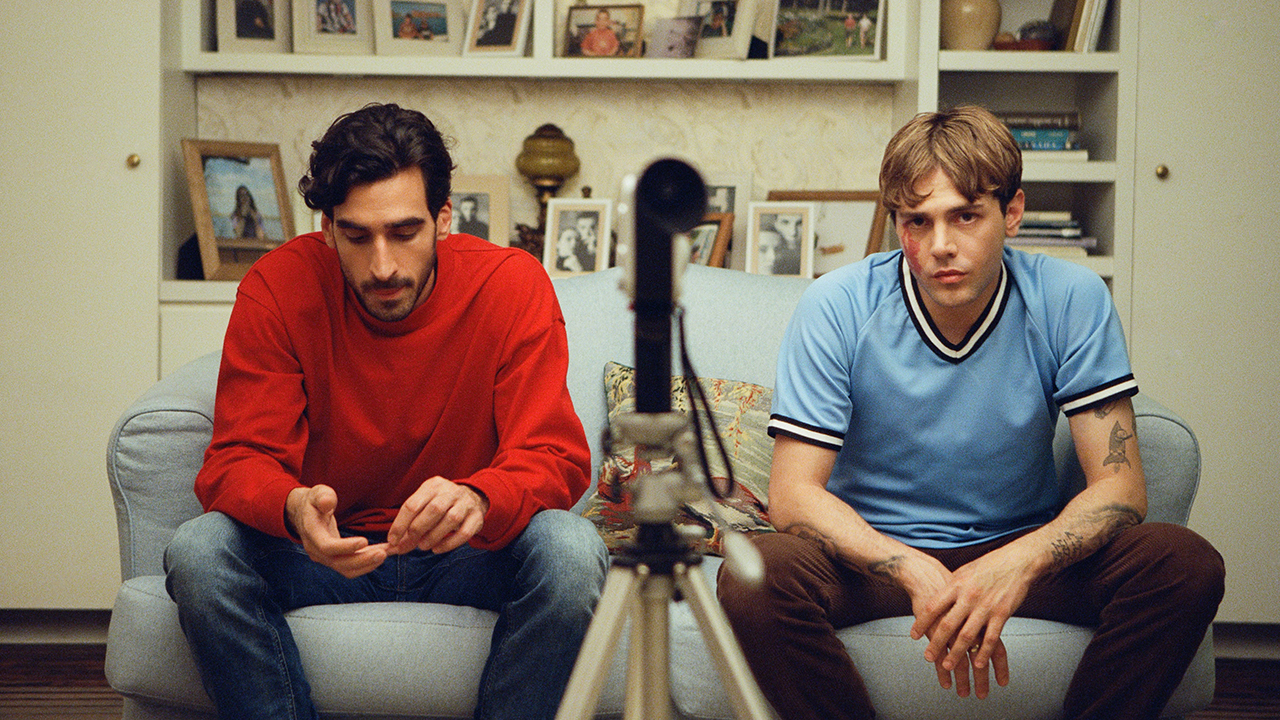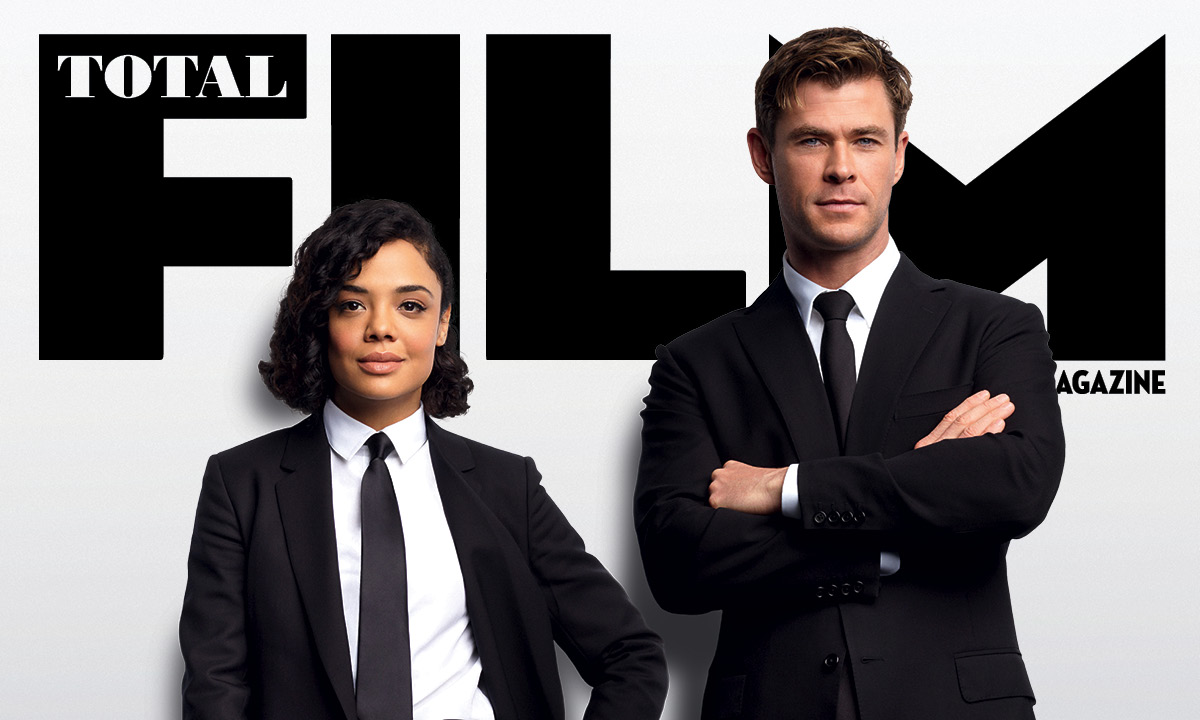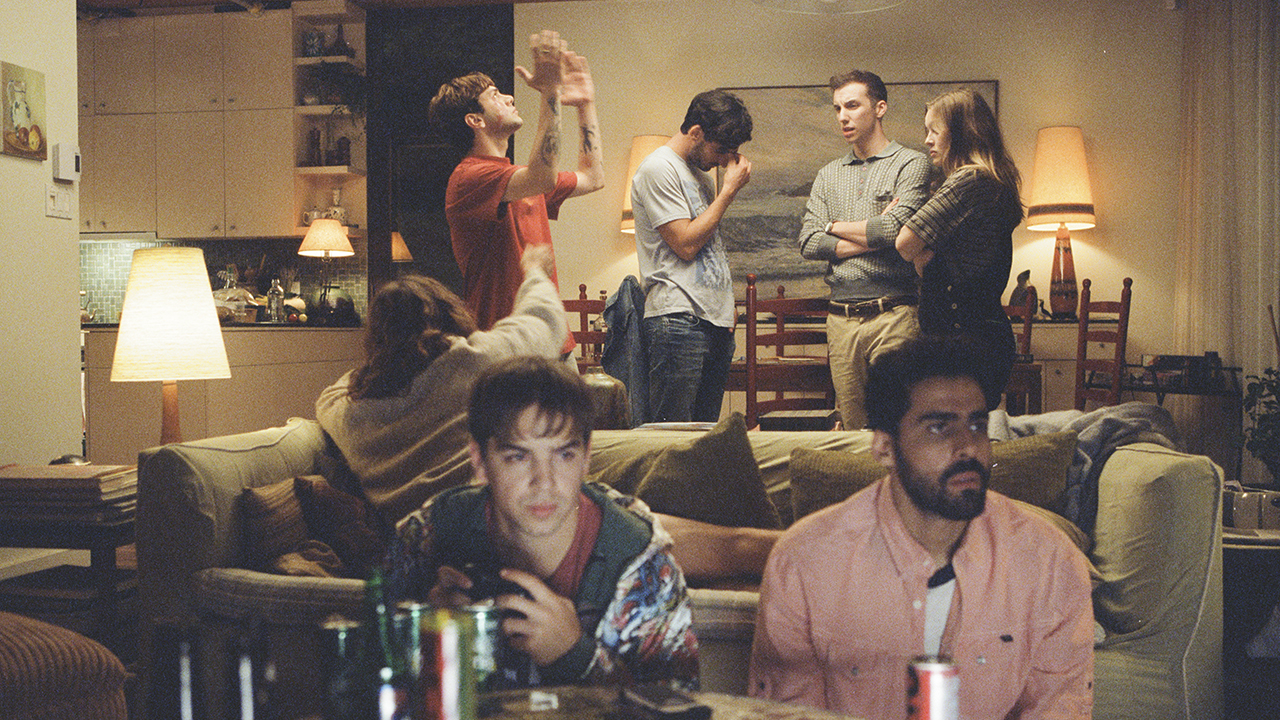Matthias & Maxime: "For all of its energy and antagonism... it’s a tender-hearted, honest film"
Total Film reviews the new film by Xavier Dolan as it premieres at Cannes Film Festival 2019

Last time French-Canadian auteur Xavier Dolan was in Cannes, in 2016, he took home the Grand Prix (runner-up to the Palme d’Or) for It’s Only the End of the World, a brittle, saturated, nails-down-blackboard chamber piece that proved wildly divisive with critics even if the jury presided over by George Miller evidently embraced it. Since then he’s made The Death and Life of John F. Donovan, an ambitious ensemble drama that played at the Toronto Film Festival to a hostile reaction and has thus far failed to secure a UK release – and that's in spite of a star-studded cast including Kit Harington and Natalie Portman. What of his latest then, Matthias & Maxime?

For more coverage from Cannes Film Festival 2019, be sure to follow Total Film. If you like what you see, don't forget that you can subscribe to Total Film magazine to get more like this delivered straight to your doorstep every month of the year.
Matthias & Maxime is a return to the kind of formally fractious, lo-fi, emotions-dialled-up-to-11 melodrama that made his name. It’s his best film since Mommy, which was also in Cannes and also won an award (the Jury Prize, in 2014). Dolan stars as Maxime, a late-twentysomething from Montreal who’s scheduled to leave to Australia for two years. In the months leading up to his departure, he hangs out with his raucous bunch of pals, drinking, bantering, and visits his in-recovery mum (Dolan regular Anne Dorval). But the eye at the centre of this storm is Max’s relationship with best-pal-of-20-years Matthias (Gabriel D’Almeida Freitas). They once, perhaps, made out together at college, and things get weird between them when they’re asked to kiss each other in a short movie being made by Matthias’ younger sister.
A return to form?

"For all of its energy and antagonism, Matthias & Maxime is Dolan’s most accessible work to date"
Shot on 16mm using natural light, Matthias & Maxime’s rough-and-ready aesthetic assaults in the early scenes as the guys gather at a lakehouse like they’re appearing in an especially scrappy French remake of The Big Chill. The cutting is short, sharp and serrated; the overlapping dialogue spills so fast, it’s hard to keep up with the subtitles.
Thankfully things calm down a little bit from there – it would be exhausting if they didn’t – and we get to know the friends better, especially Matthias, who’s a lawyer and something of a wet blanket, and Maxime, a sweet, shy guy when he’s not having blazing rows with his mum. A piano refrain plays in the film’s quieter, more poignant moments, and shots actually hold for several seconds.
Which isn’t to say that the volatility of the early scenes doesn’t return, and now freighted with a newfound hostility. In one scene, Maxime punches a mirror. In another, a standout, the friends argue about the rules of charades, with Matthias projecting all of his confusion and fear onto his best mate until he crosses the line with a cruel reference to the birthmark on Max’s face.
For all of its energy and antagonism, Matthias & Maxime is Dolan’s most accessible work to date, cleaving to some of the standard tropes of the romantic-drama to give viewers plenty to hold on to as the incessant talk buffets them from all sides. It’s a tender-hearted, honest film from a filmmaker often branded an ‘enfant terrible’. Now turned 30, with eight features to his name, Dolan, like Maxime, is perhaps embarking on a new chapter.
For more coverage of Cannes 2019, read our review of Bong Joon-ho’s Parasite.
Bringing all the latest movie news, features, and reviews to your inbox
Jamie Graham is the Editor-at-Large of Total Film magazine. You'll likely find them around these parts reviewing the biggest films on the planet and speaking to some of the biggest stars in the business – that's just what Jamie does. Jamie has also written for outlets like SFX and the Sunday Times Culture, and appeared on podcasts exploring the wondrous worlds of occult and horror.


